
The group's jewelry business operated well with a 24 percent year-on-year increase during the financial year.
"We are optimistic about the potential of the jewelry sector in China," said Tong Kailap, chairman of the group.
In the first quarter of 2013, some main foreign luxury brands enjoyed double-digit growth in China and were satisfied with the results, although they used to enjoy almost 50 percent annual growth.
Sales in the Asia-Pacific region accounted for 41 percent of Richemont Group's total. The luxury items group sells Cartier and Piaget products, with Hong Kong and the Chinese mainland as its two largest markets, the group said in its annual report on March 31, 2013.
The rate in the region moderated following two years of exceptionally high rates of growth. The lower rate was more pronounced in the second six months of the year under review.
Kering Group, one of the world's largest groups retailing in the luxury sector, said its luxury departments experienced a 10 percent increase in the first quarter of 2013 on the Chinese mainland and the mainland continues to post good growth.
"In the year, Greater China represented Burberry's fastest growing major market and this consumer was prominent throughout the retail network," Burberry Group Plc, the British luxury group, said in its 2012-13 annual report to March 31.
Burberry experienced double-digit comparable store sales growth in China in the fiscal year with Chinese customers contributing 25 percent to the brand's global sales, Angela Ahrendts, chief executive officer of Burberry, told Xinhua News Agency.
The luxury' industries' US market also showed strong growth with the trends of the second half of 2012, but some business insiders said Chinese tourists contributed a lot to the Western luxury market.
The Chinese spent about 60 percent of their luxury consumption in overseas markets in 2012, Bain & Co said.
In the first half of the year, gross domestic product growth in China was 7.6 percent, the authority revealed on July 15.

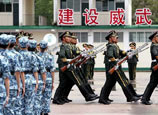


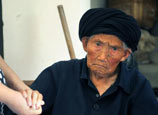
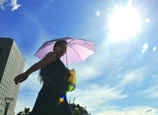
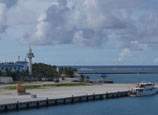
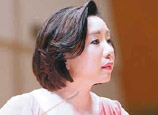
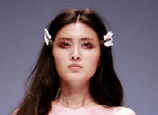
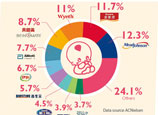
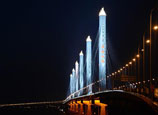








![]()
